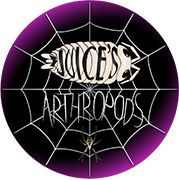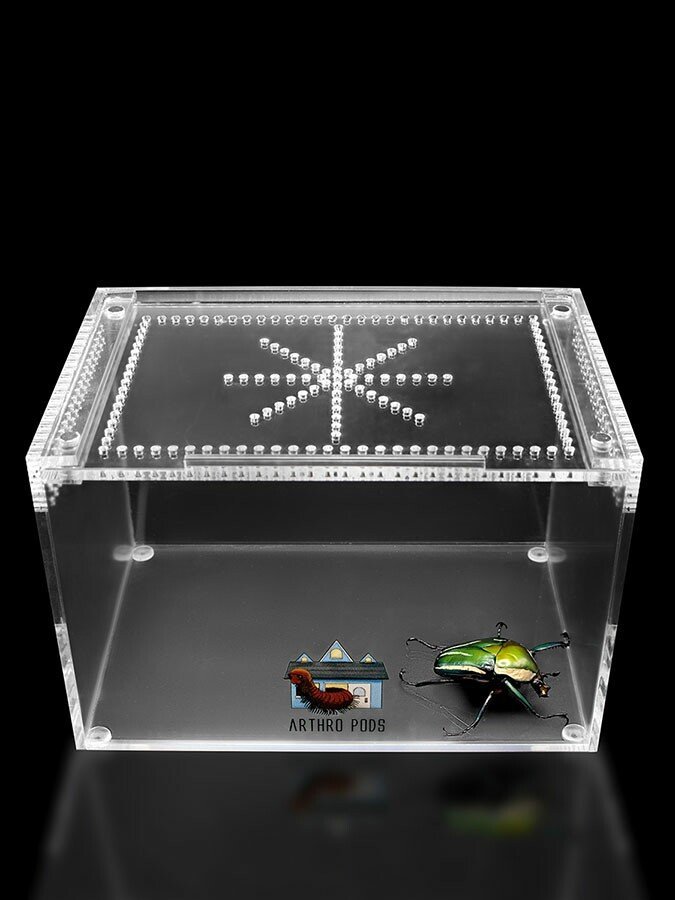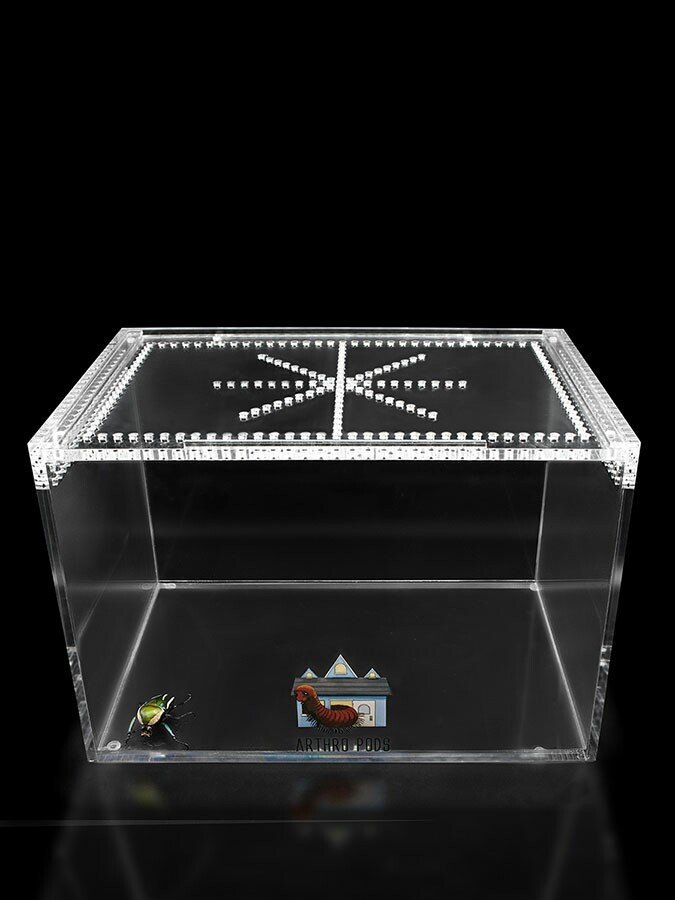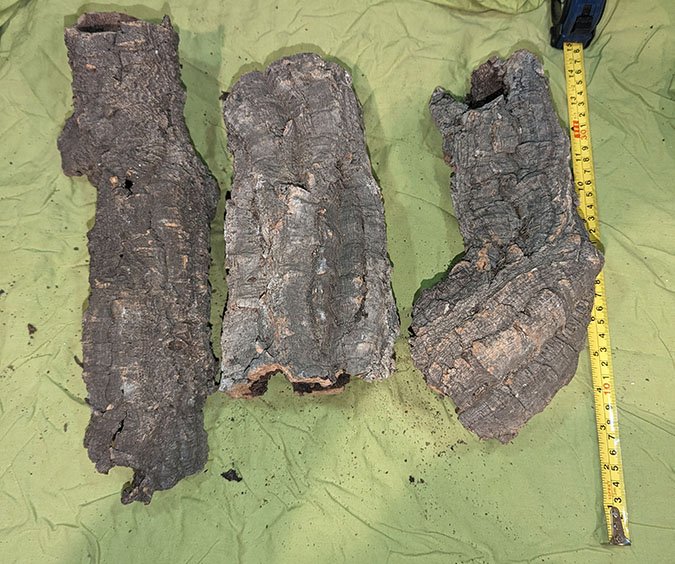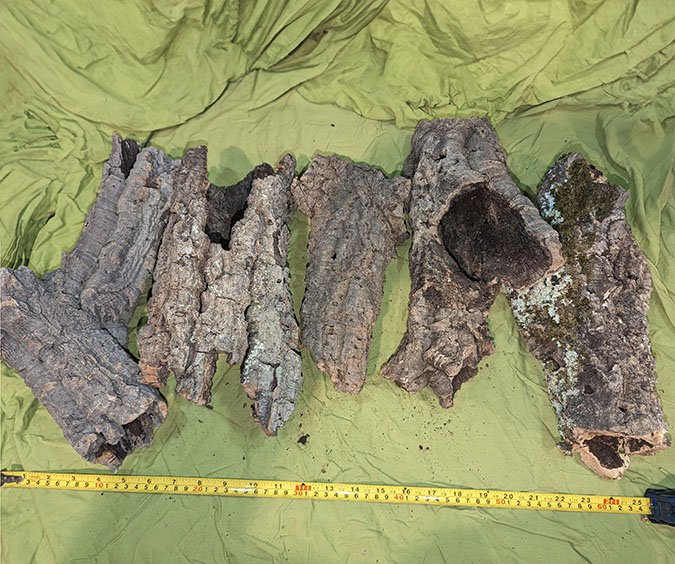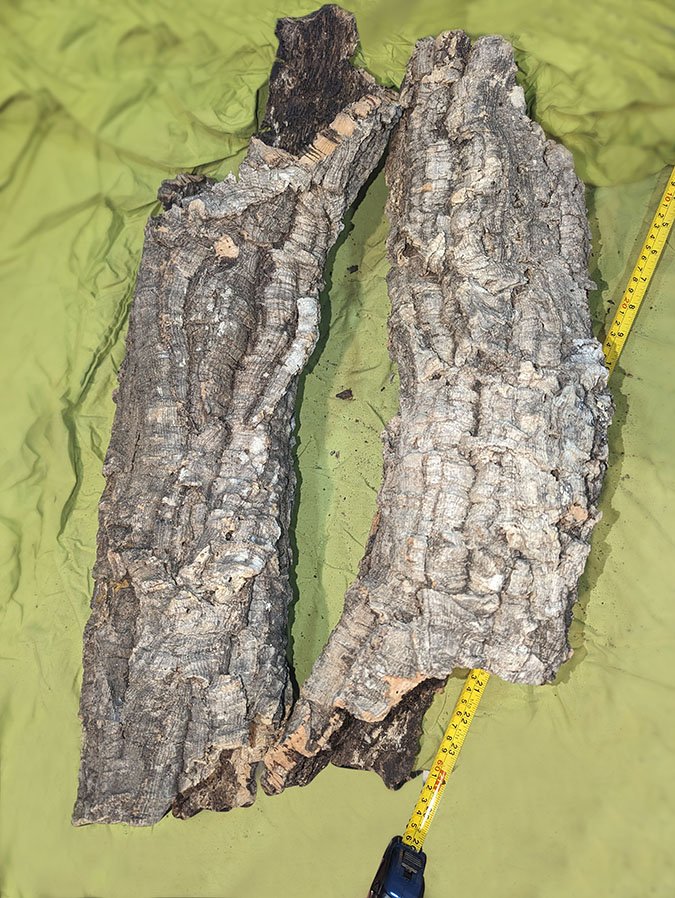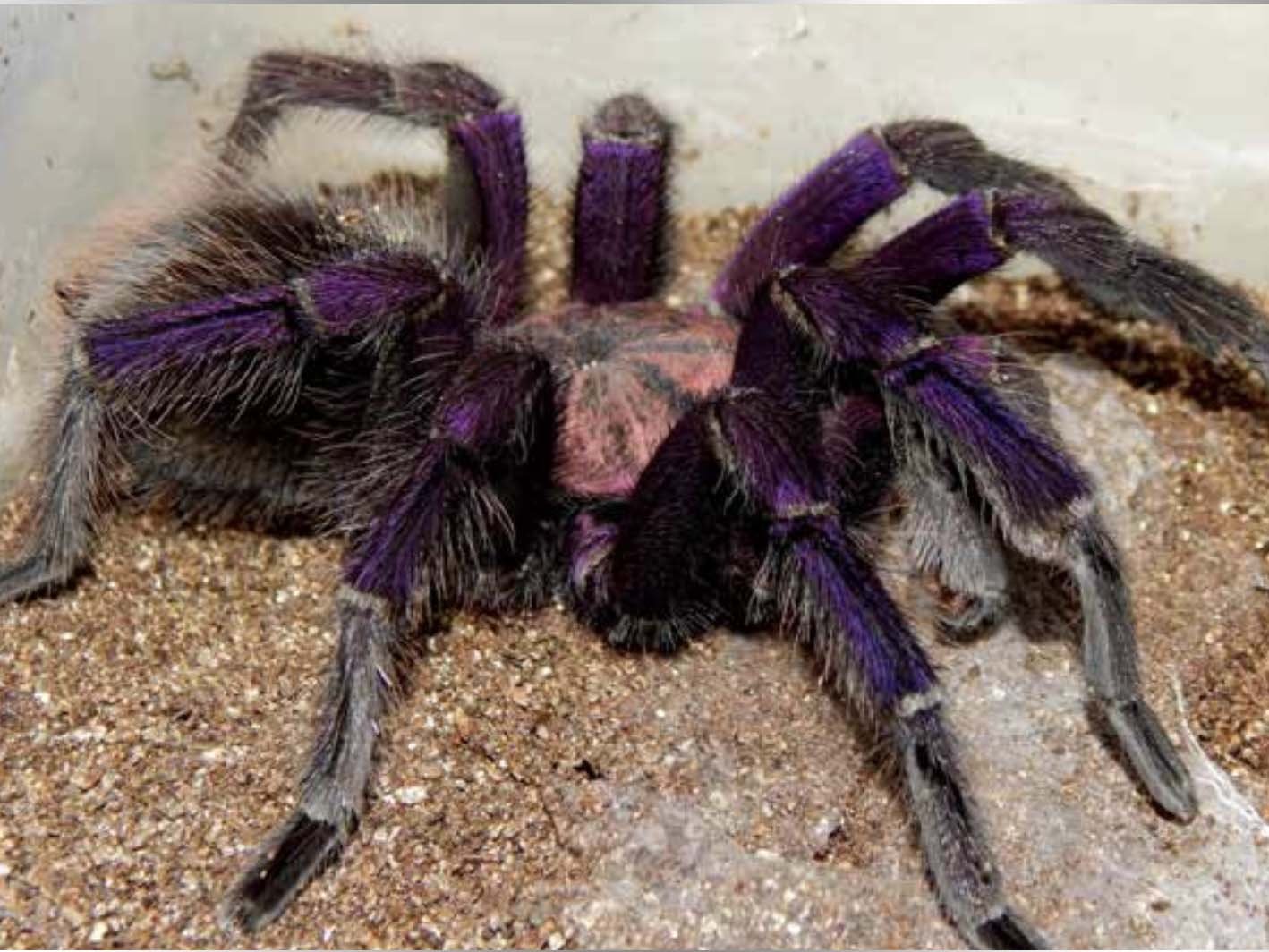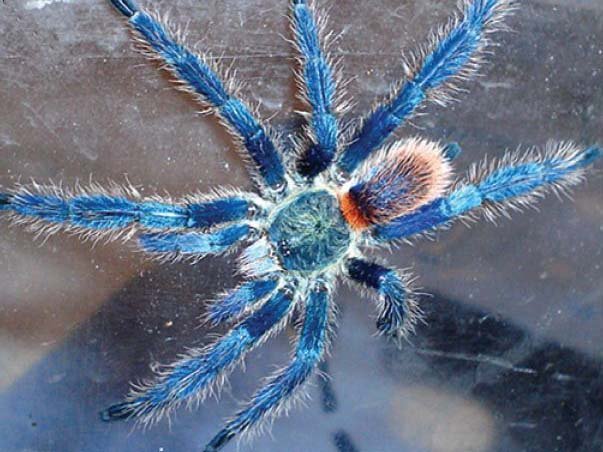Tliltocatl albopilosus
The Tliltocatl albopilosus, commonly known as the Curly Hair tarantula, is a hardy and docile species native to Central America. It is easily recognizable by its fuzzy appearance, with a combination of dark brown and golden hairs covering its body and legs. Medium-sized, with adults reaching up to 5–6 inches in leg span, this species is a popular choice for beginners due to its often calm temperament and ease of care. Its gentle nature and relatively low-maintenance requirements make it a staple in the tarantula hobby, appealing to keepers of all experience levels.
The Tliltocatl albopilosus, commonly known as the Curly Hair tarantula, is a hardy and docile species native to Central America. It is easily recognizable by its fuzzy appearance, with a combination of dark brown and golden hairs covering its body and legs. Medium-sized, with adults reaching up to 5–6 inches in leg span, this species is a popular choice for beginners due to its often calm temperament and ease of care. Its gentle nature and relatively low-maintenance requirements make it a staple in the tarantula hobby, appealing to keepers of all experience levels.
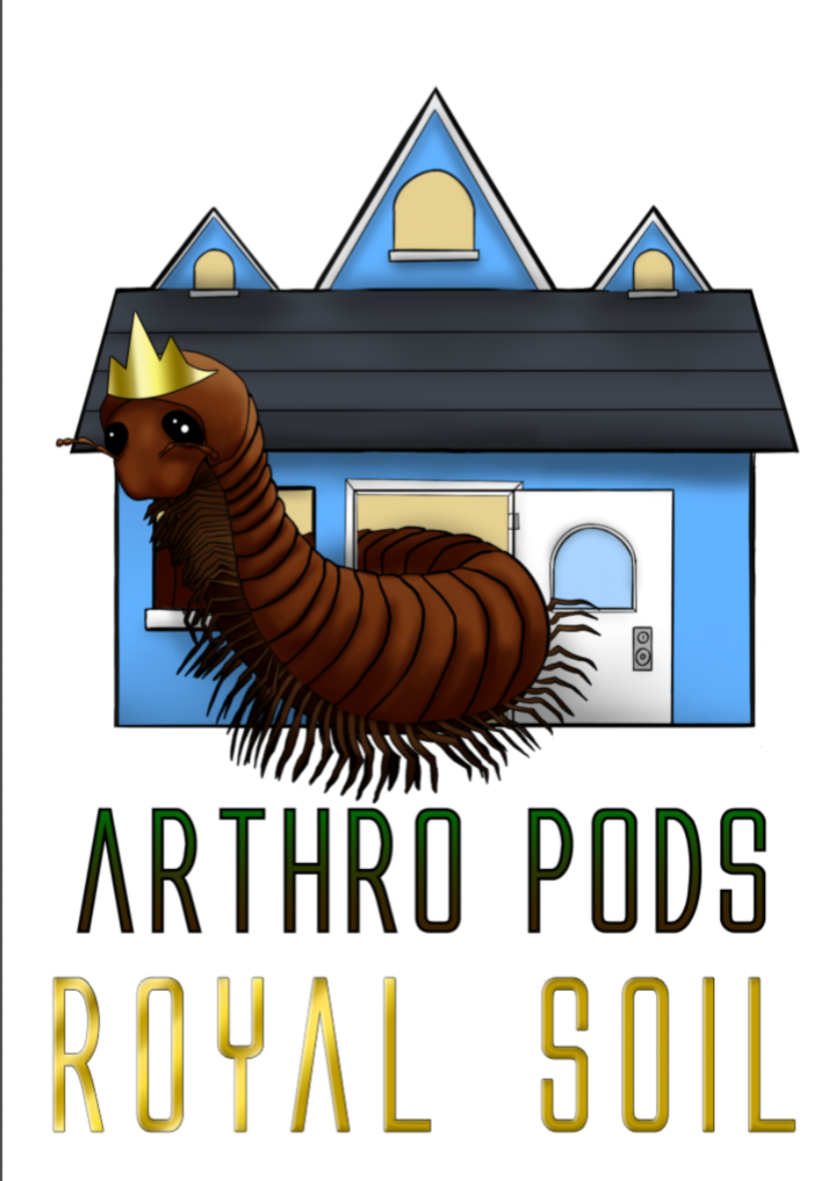
The Tliltocatl albopilosus, commonly known as the Curly Hair tarantula, is a hardy and docile species native to Central America. It is easily recognizable by its fuzzy appearance, with a combination of dark brown and golden hairs covering its body and legs. Medium-sized, with adults reaching up to 5–6 inches in leg span, this species is a popular choice for beginners due to its often calm temperament and ease of care. Its gentle nature and relatively low-maintenance requirements make it a staple in the tarantula hobby, appealing to keepers of all experience levels.
What’s the ideal diet for a Curly Hair Tarantula?
All Tarantulas can eat a variety of feeders. Stick to crickets, dubia roaches, silkworms, horned worms occasionally, and a superworm or mealworm as the occasional treat!
How should I keep a Curly Hair Tarantula?
For this particular creature, you can start with the Terrestrial Terrain small enclosure if under a ¼in -1.2in Spiderling (sling), and when they get to be about 1in the size, you will want to either go to the Terrestrial Terrain Medium, or Terrestrial Terrain Large enclosure. Feed them as slings once a week, twice if their opisthosoma (abdomen) looks small, but if the opisthosoma is wider than their prosoma (pneumothorax) then wait a couple of days to feed. For juveniles or adults, stick to feeding once a week, nothing larger than their opisthosoma. Make sure to keep a water dish at all times full, wider and deeper is preferred.
How long could a Curly Hair Tarantula live?
Females are believed to live upwards of 20+ years in captivity, and even males can live upwards of 3-4 years of age. All estimates are based on multiple sources.
Some photos provided by iNaturalist, credit to:
Court Harding, some rights reserved (CC BY)
